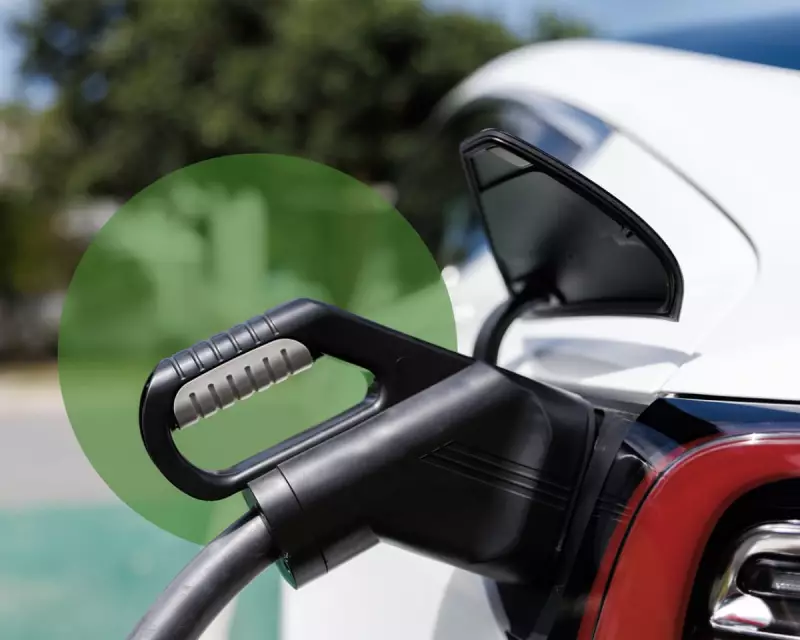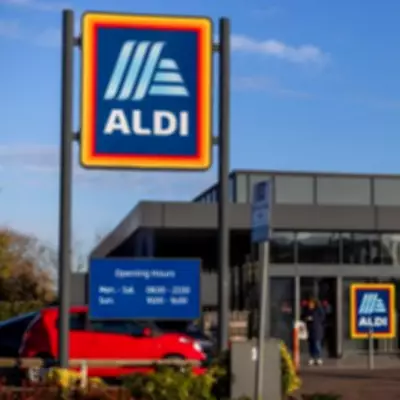
Learning to drive is a milestone in many people's lives, but with the rise of electric vehicles (EVs), a new question has emerged: is it better to learn in an electric car or a traditional petrol vehicle?
The Case for Electric Vehicles
EVs offer several advantages for learner drivers:
- Smoother operation: No gear changes mean fewer distractions, allowing learners to focus on road awareness.
- Simpler controls: The absence of a clutch pedal reduces the complexity of driving.
- Quieter cabin: Less engine noise helps learners hear instructions more clearly.
- Environmental benefits: Learning in an EV instills eco-conscious driving habits early.
The Petrol Advantage
Traditional petrol cars still have their merits:
- Transferable skills: Mastering a manual transmission means drivers can operate any vehicle.
- Wider availability: Most driving schools still primarily use petrol vehicles.
- No range anxiety: Learners don't need to worry about charging during lessons.
- Lower upfront costs: Petrol cars are generally cheaper for driving schools to purchase.
What Do Instructors Say?
Experienced driving instructors note that while EVs can make the initial learning process easier, petrol cars provide a more comprehensive skill set. "EVs are great for building confidence quickly," says one instructor, "but learners should at least try manual controls to understand the fundamentals."
The Future of Driving Lessons
As the UK moves toward its 2035 ban on new petrol and diesel cars, driving schools are gradually incorporating more EVs into their fleets. However, the transition raises questions about whether the driving test should be adapted for electric vehicles.
Ultimately, the choice between learning in an EV or petrol car depends on individual needs and future driving plans. Those who only intend to drive automatics might prefer starting with an EV, while learners wanting maximum flexibility may still opt for traditional vehicles.





